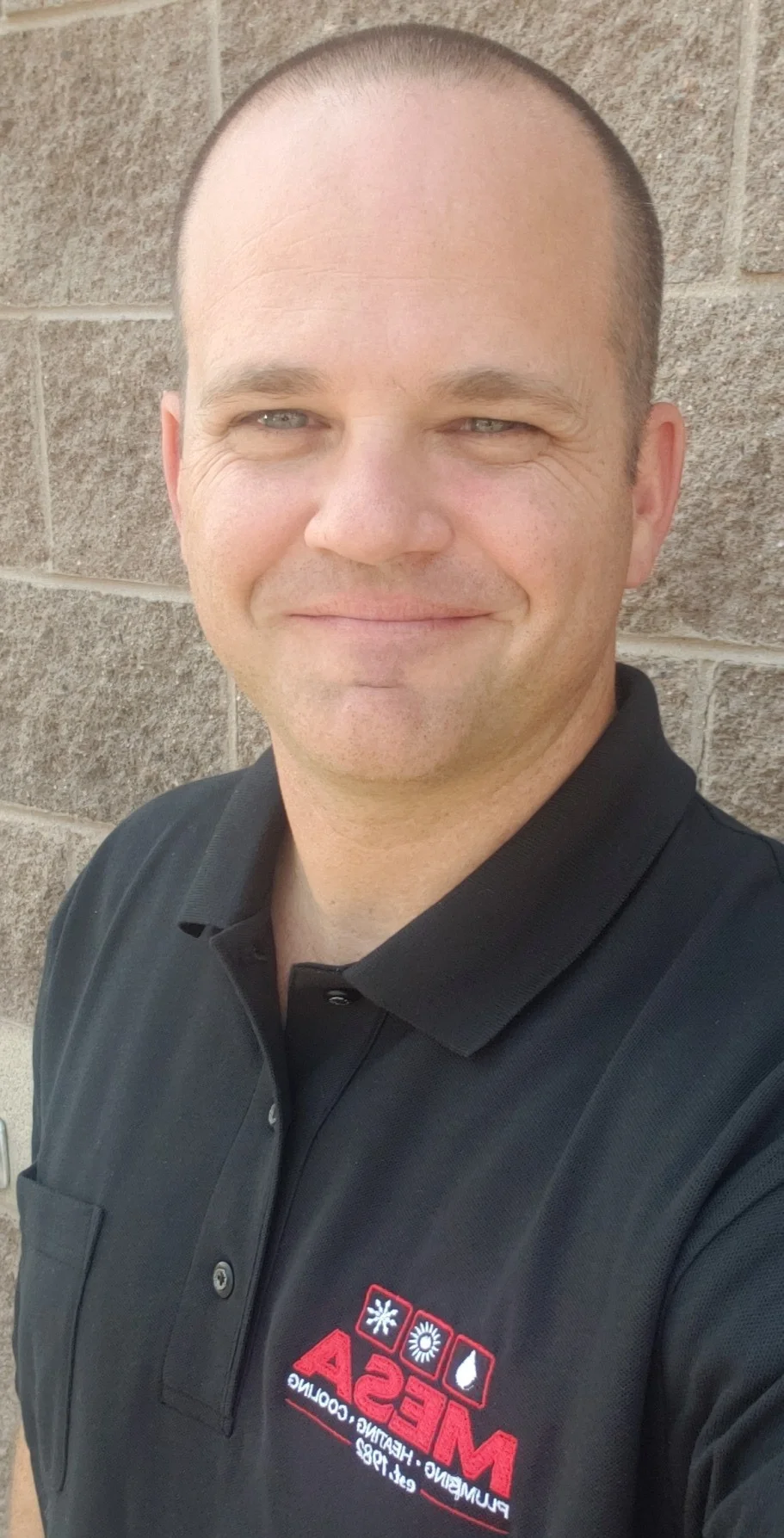No homeowner wants to hear his sewer line is clogged. It would necessitate his yard being dug up to find the clog, remove it, and repair or replace the pipes. Dollar signs appear in his head.
However, a clogged sewer line could possibly cause damage inside the house in addition to health problems for the family. The homeowner has no choice but to contact experts to fix the problem. What are the signs homeowners should know about clogged sewer lines?
1. All Drains Back Up
Homeowners will know they have a sewer line backup when all the drains in the house are backed up and won’t drain. This is serious, because your water will become contaminated.
House drains have many branches like a tree. They all lead to one sewer line. When the sewer line backs up, the water has nowhere to go but back into the pipes leading to drains.
Filthy water is getting into your house. You’ll smell a rotten egg odor or one of waste material. The drains will gurgle and drain slowly. Water will back up in the toilet, sinks, shower, and/or tub. It must be removed immediately to avoid serious health problems and damaged plumbing.
2. Backed Up Sewer Cleanout
Homes are built with a sewer cleanout for locating and repairing plumbing problems of the main sewer line. It’s usually a green or white PVC pipe with a rubber cap. The cap is sometimes labeled “sewerage” or “cleanout.” It’s generally located a few yards from the house.
Homeowners unscrewing the cap to look inside the cleanout and finding standing water will know they have a main sewer line problem. Removing this cap will release any pressure in the lines and immediately drain contaminated water from the inside drains. In any case, it’s best to call the plumber pronto.
3. Using Multiple Water Features
Homeowners using the washing machine but noticing that their toilets runneth over have a main line sewer problem. Using water features often means that when they drain, the water has nowhere to go. As it forces its way down drains, other water features back up such as toilets and tubs. It’s time to call the plumber as you’re mopping up all that water.
4. The Lawn Is Different
Several things can cause a rupture in sewer lines. The earth shifts, either taking off weight or getting heavier, every day. The weight changes affect anything buried, sometimes drastically such as in the case of breaking sewer pipes. Heavy machinery digging up buried cables can do it.
Tree roots travel in the direction of the nearest water. They’ll bash an opening in the sewer pipes to get at any water located there. Tree roots are thick, and they’ll block any water from getting to the septic tank or the city sewer lines.
All this causes dips in the lawn. The soil will settle around the area of the sewer line damage. The soil might or might not become soggy and smelly. You’ll know whether rain or snow causes the moisture, but chances are good that it’s from a broken sewer pipe. This is the tip-off that homeowners should call their local plumbers fast.
5. Blockage Of Sewer Vent
The noises and actions resulting from a backed up sewer line can also be found in a blocked sewer vent. Only a professional plumber will remember to check this vent in the event of a clog. Clogged sewer lines back up air and gases. If the clog is close to the vent, then the gases will get into the house, causing health problems.



